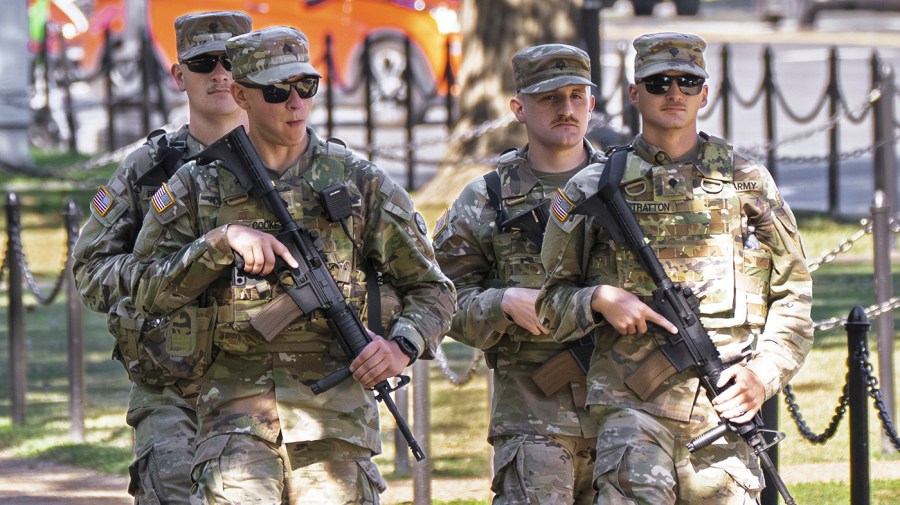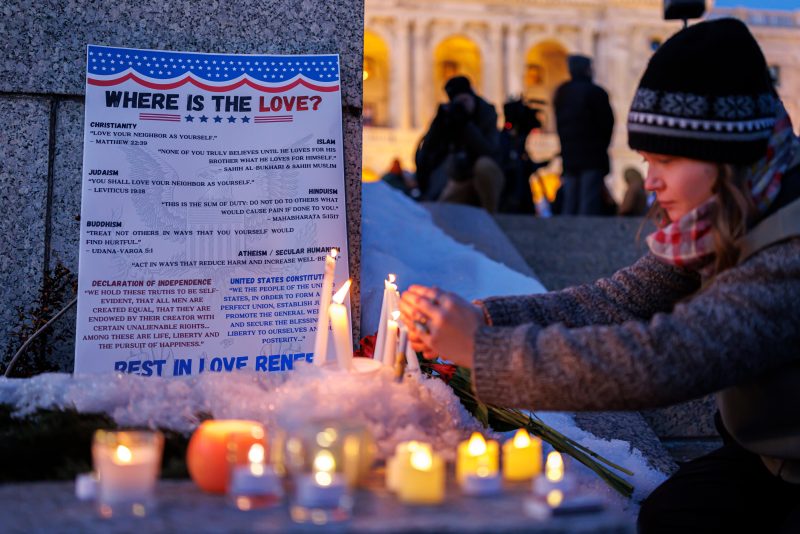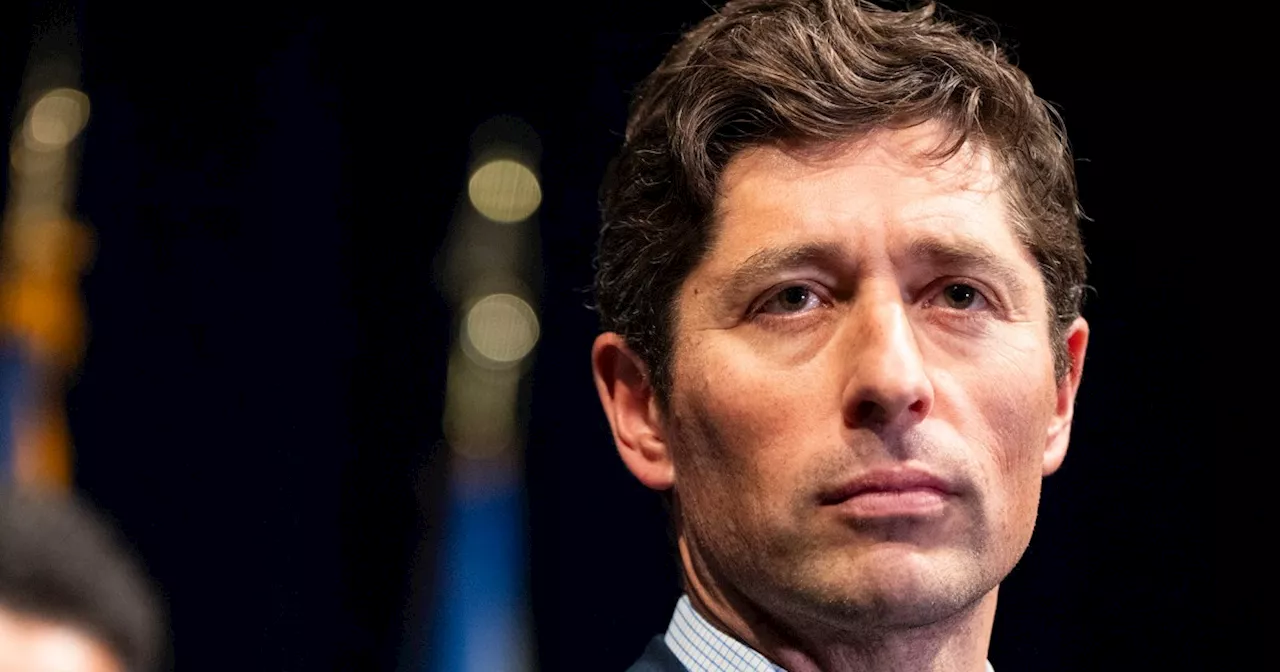
House Republicans are preparing to advance a comprehensive crime bill in response to a call from former President Donald Trump. This initiative aligns with Trump’s efforts to address crime in Washington, D.C., and potentially extend similar measures to other cities. While the specific contents of the proposed legislation remain uncertain, discussions indicate a focus on issues such as cashless bail, which Trump has linked to rising crime rates.
The crime bill was not initially part of the agenda before lawmakers departed for an extended August recess. However, Trump’s renewed emphasis on crime has shifted priorities. In a post on Truth Social, Trump stated, “Speaker Mike Johnson and Leader John Thune are working with me, and other Republicans, on a Comprehensive Crime Bill. It’s what our Country needs.”
Senate Republican aides indicate that while both Thune and Johnson have been in touch with Trump, the House is expected to spearhead the initiative. The proposed legislation faces challenges in the Senate, where a minimum of seven Democratic votes would be required to surpass the 60-vote threshold needed to overcome a filibuster. Nevertheless, Republicans view the opportunity to force votes on major crime bills as a strategic advantage that could place pressure on Democrats from swing states and districts.
Upon returning from recess, the House plans to act swiftly on issues concerning D.C. The House Oversight and Government Reform Committee is scheduled to hold a hearing on September 18, featuring D.C. Mayor Muriel Bowser, D.C. Council Chairman Phil Mendelson, and D.C. Attorney General Brian Schwalb. This hearing aims to address crime in the capital. Furthermore, the committee is set to review legislation aimed at tackling juvenile crime and addressing perceived shortcomings in D.C.’s education system. Republicans have also expressed intentions to challenge what they describe as restrictive policing policies implemented by the D.C. City Council.
On the Senate front, Judiciary Committee Chairman Chuck Grassley will lead efforts to collaborate with the Department of Justice and other key figures in the Senate and House on the crime bill. A GOP aide noted that discussions are still in the early stages.
Congress faces a critical deadline on September 10 to extend Trump’s control over the D.C. police force. This authority is set to expire after 30 days under a provision of the 1973 D.C. Home Rule Act. Republican aides have indicated that passing legislation to extend Trump’s emergency authority appears unlikely so soon after the recess, as it would also require overcoming a filibuster in the Senate.
While Senate Democratic Leader Chuck Schumer has firmly stated that he would not support extending Trump’s crime emergency declaration, the potential for a comprehensive crime bill from the GOP could offer additional resources for law enforcement, reminiscent of the provisions in the 1994 crime bill. There have been discussions about granting the president more explicit authority to deploy National Guard troops in major cities, including Los Angeles and Washington.
Trump’s conservative supporters in Congress have urged him to adopt a more aggressive stance on crime in D.C., particularly as homicide rates surged during the COVID-19 pandemic before showing signs of decline in 2024. Senator Mike Lee has called for the repeal of D.C.’s Home Rule Act and proposed the “Bowser Act,” which would eliminate home rule after one year.
Senator Roger Marshall has been vocal in advocating for Trump’s crime initiatives, highlighting that approximately eight violent crimes occur daily in the capital. “I’m just saluting President Trump. More power to him to do whatever it takes to secure our nation’s capital,” Marshall remarked during an appearance on Fox Business.
In addition to crime-related legislation, lawmakers will grapple with Trump’s request for $2 billion to fund improvements in Washington. Bowser expressed her support for the city receiving this funding to enhance infrastructure, especially in light of a significant budget cut of $1 billion imposed by Congress earlier this year.
The developments surrounding the proposed crime bill and associated legislation have significant implications for the political landscape as Congress returns to session, with potential impacts on public safety and governance in Washington, D.C.







